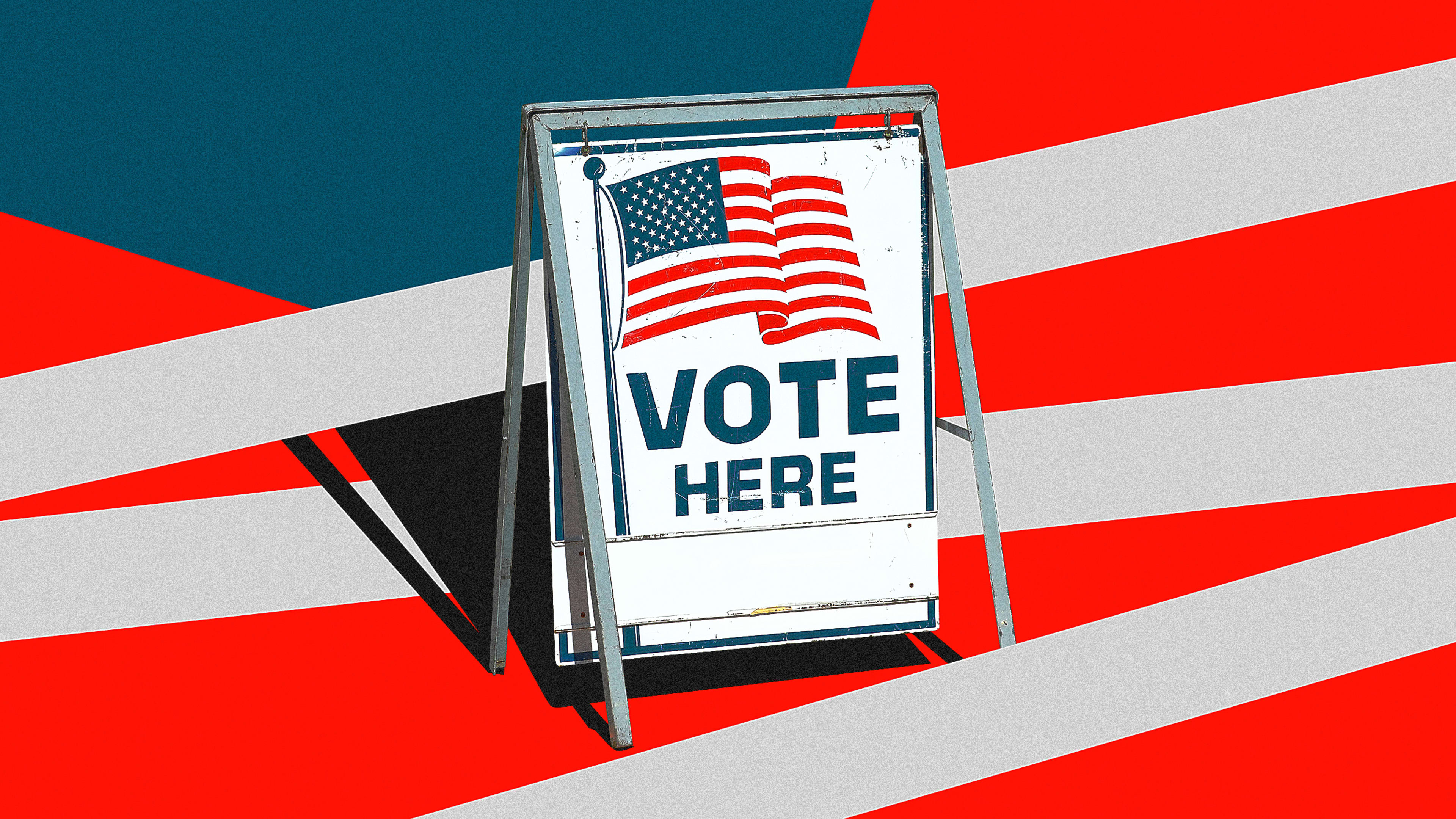This month, lawmakers passed legislation restricting voting access in Florida, making it another swing state to pass such a law, with another 361 more restrictive voting laws introduced in 47 state legislatures. With these and other laws on the table, we’re seeing companies get increasingly vocal about the importance of voting rights. And in response, elected officials, including Mitch McConnell and Ted Cruz have criticized this move from the business community.
The widespread attempt to curtail much-needed change in our election system and the steadfast signal for businesses to ‘stay out of politics’ not only undermines the very foundations of our democracy, but the health of our economy.
The corporate pushback to restrictive voting laws is not about partisanship; it’s about companies taking principled action to oppose discriminatory policies and defend the very system that upholds American democracy: free and fair elections. A functioning democracy is at the bedrock of a healthy economy, and companies are sending a clear message to legislators, aligning corporate actions with their values, which has become commonplace for corporate America.
In June, as the country experienced a racial reckoning, many corporations stood up for racial injustice, expanding their commitments to diversity, anti-racism, and justice at the ballot box. In October, amongst baseless cries of fraud, the business community stepped up for election integrity by asserting the undermining of our democracy would not be tolerated. In January, as the nation watched an insurrection unfold, fueled by those same lies and perpetuated by those serving in public office, the business community responded in an unprecedented way by reconsidering, withdrawing, and even demanding refunds of political donations to legislators who voted against certifying the election.
Now, for the fourth time in nine months, the business community is once again taking a stand for democracy, and clearly communicating that equal access to the ballot box is non-negotiable. CEOs are demonstrating leadership to protect our country from additional attacks on democracy, including the voter suppression efforts in Georgia. Just last month, over a hundred CEOs gathered to discuss the restrictive voting legislation, resulting in a statement from hundreds of business leaders defending the right to vote. And this week we turn our attention to Texas where companies are taking action against the proposed restrictive voting legislation by calling for expanded voting access in the state. Further, the latest data show the electorate approves of the corporate community’s response: the Morning Consult reports 42% have increased favorability towards a company’s decision to come out against more voting laws like the one passed in GA, while only 22% expressed decreased favorability.
As an organization of business leaders committed to democracy, we know first-hand that most business leaders are concerned with the state of American democracy. Our experience has shown that business leaders also have the power to protect and improve American democracy. Not just because of virtuous reasons, either—doing so is enlightened self-interest. Economies are most competitive when democracies are strong and political leaders are genuinely responsive to the needs of citizens. Quite simply, supporting democracy is in the best interest of employers and employees, and today, customers expect that support as well. Instead of condemning companies and telling them to ‘stay out’ of the conversation, we need more businesses to use their influence to advance a democracy that works for all.
How can business leaders across the country continue to take action now to prevent legislation that suppresses voter access in their state? I suggest three ways:
Support specific evidence-based voting laws in your state
Specificity matters. As the playbook in Georgia showed, it’s not enough for companies to say they support voting – it requires companies supporting specific provisions that enable access to the ballot box. We know that policies like automatic voter registration, early voting, absentee voting, and weekend voting make elections accessible and fair. Kudos to Marc Benioff and Saleseforce for being clear and direct in its opposition to Georgia’s voting bills—before the bills became laws.
Reexamine your company’s political giving
If state legislators who are pushing voting restrictions receive contributions from your company, shift your giving to democracy causes instead. Microsoft’s changes post-insurrection, which included pausing political giving to objectors and using the funds to support organizations that strengthen democracy, provide a good example.
Support pro-voting rights legislation
Most notably, HR1 (the For the People Act), HR4 (the John Lewis Voting Rights Act). This duo of federal legislation would successfully mitigate restrictive voting laws passed by the state legislatures, and would secure the equal right to vote for every American citizen.
We already know that business is comparatively the most trusted voice in America—and history tells us that society works best when business uses its power for good. With this flurry of restrictions and suppression, and with states like Texas and Arizona on the horizon as voting rights battleground states, it’s time to leverage that power for the fundamental right to vote. Doing so isn’t partisan—it’s just American.
Daniella Ballou-Aares is the CEO of Leadership Now Project
Recognize your brand’s excellence by applying to this year’s Brands That Matter Awards before the early-rate deadline, May 3.
